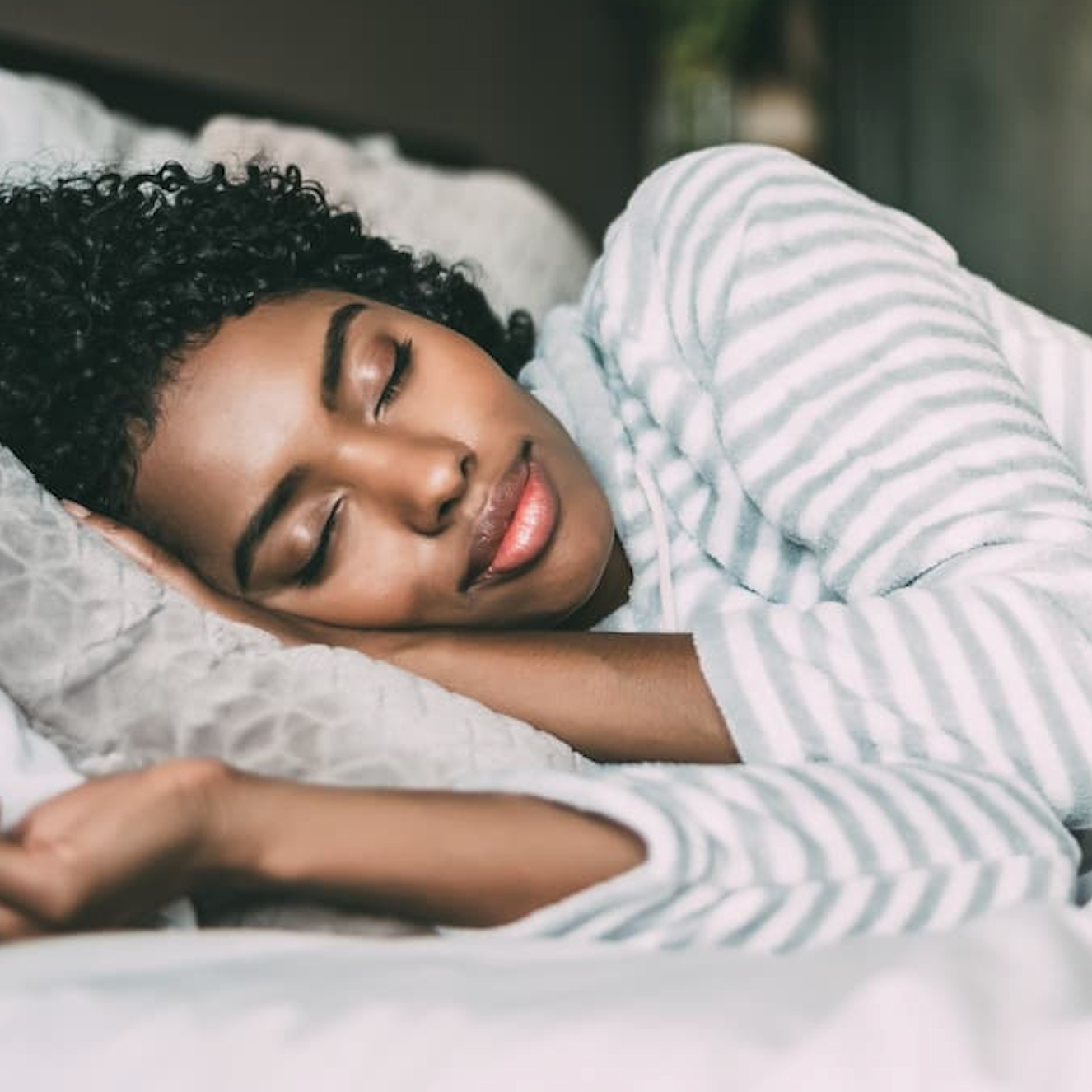News
Article
Patients with RA Surprised by Positive Impact of Exercise on Sleep
Author(s):
Four themes emerged from the data, including the positive impact of exercise on sleep, positive experiences of the exercise intervention, mental health benefits, and achieving empowerment and ownership during the exercise process.
Credit: Adobe Stock/DavidPrado

Patients with rheumatoid arthritis (RA) reported an exercise program improved sleep quality and deemed it beneficial and safe, although they were not expecting the intervention to help, according to a study published in Rheumatology International.1 While the program was ultimately a positive experience, investigators believe these results underscore that although there is a growing consensus that exercise benefits sleep and may alleviate certain disease symptoms in this patient population, research is severely lacking.
Poor sleep quality and sleep issues are common complaints in patients with RA. As sleep is a crucial factor of health-related quality of life, it is important to factor this into the management plan. In previous research, exercise has been shown to improve sleep in this patient population. However, there is an historic lack of quantitative and qualitative data regarding exercise and its impact on sleep quality in patients with RA.2
“It is acknowledged that people with RA can be less active and engage in lower levels of exercise compared with their healthy counterparts,” wrote Seán G McKenna, PhD, associated with the Department of Physiotherapy, Health Service Executive (HSE), University Hospital Limerick Group (UHLG), Limerick, Ireland, and colleagues. “Owing to the multifactorial nature of RA and to help mitigate some of its symptoms, engaging in exercise has been widely researched and advised, with our study adding to the existing understanding of the impact of exercise on people with RA.”
To evaluate the experiences of patients with RA using an exercise intervention designed to improve their sleep, investigators conducted a qualitative, randomized controlled trial (RCT) using the semi-structured, face-to-face interviews of 12 volunteers. Each participant completed an 8-week walking-based exercise intervention to improve the total sleep quality, total sleep time (TST), and sleep disturbance. Example questions included in the interview were comprised of opinions on the design of the intervention, week-to-week progression, relevancy of the intervention, potential improvements, and their opinion on exercise and sleep. Thematic analysis analyzed the data.
All patients were female, with a mean age of 38 years, a mean RA diagnosis of 9.9 years, and moderate to severe RA-related disability.
Four themes emerged from the data, including the positive impact of exercise on sleep, positive experiences of the exercise intervention, clear mental health benefits, and achieving empowerment and ownership during the exercise process.
Investigators noted the volunteer-based recruitment may have limited the results due to the willingness to engage in an exercise intervention to improve sleep. Homogeneity was ensured by using the same expert to interview the participant; however, they were also involved in the intervention period, which may have contributed to possible bias. Lastly, as all subjects were female, independently mobile, and able to be active, the generalizability may be limited in those with greater mobility issues and differing activity levels.
“The positive improvements in sleep outcomes reported by the participants provide preliminary evidence for the effect of a physiotherapist-led walking intervention on sleep in a sample of people with RA,” investigators concluded. “Participants expressed positive comments in relationship to the intervention, including overall enjoyment of the exercise program. These findings should inform the design for a future larger RCT of a walking-based exercise intervention for people with RA to improve TST, sleep quality and sleep disturbances.”
References
- McKenna SG, Larkin L, Donnelly A, et al. 'I never thought exercise could help improve my sleep': experiences of people with rheumatoid arthritis on the impact of an 8-week walking-based exercise intervention in improving their sleep. Rheumatol Adv Pract. 2024;8(1):rkae008. Published 2024 Jan 13. doi:10.1093/rap/rkae008
- McKenna S, Tierney M, O’Neill A et al. Sleep and physical activity: a cross-sectional objective profile of people with rheumatoid arthritis. Rheumatol Int 2018; 38: 845–53.




